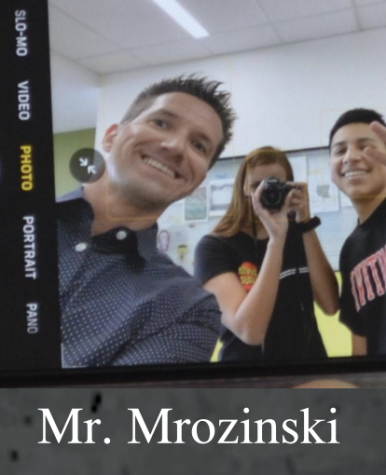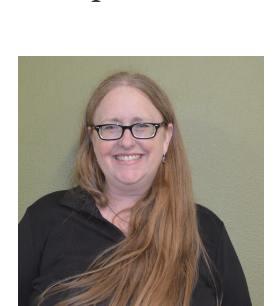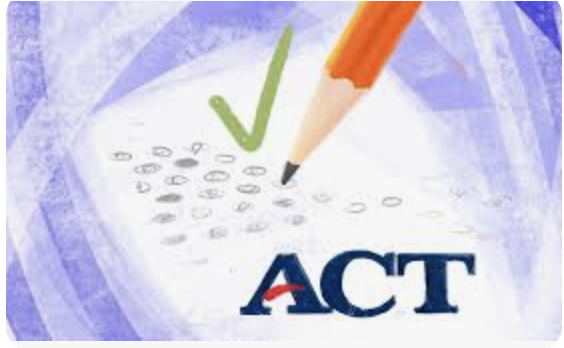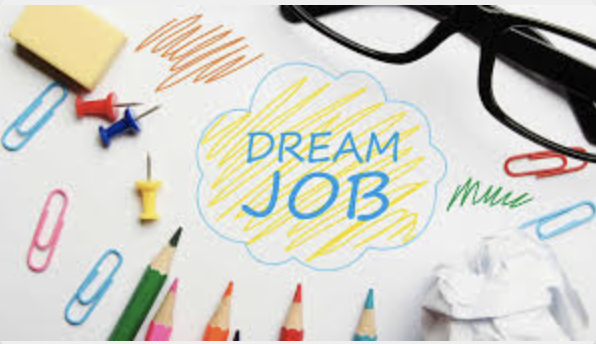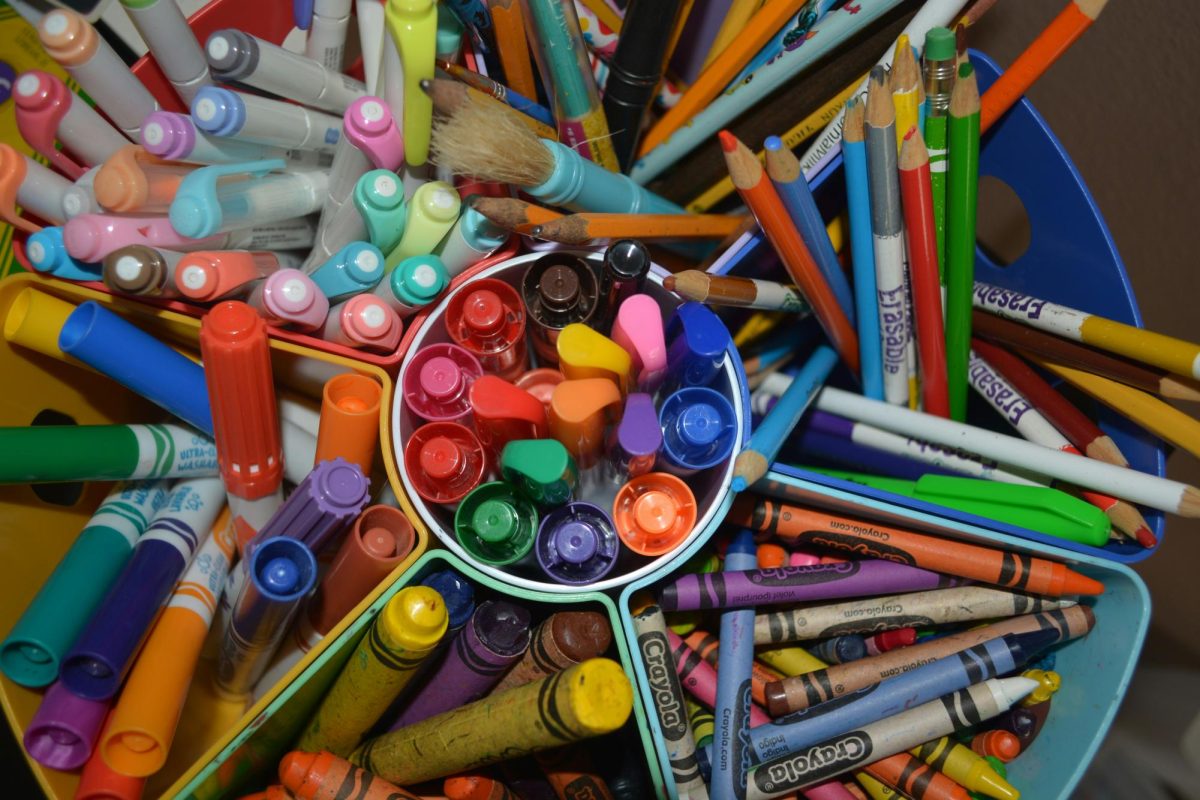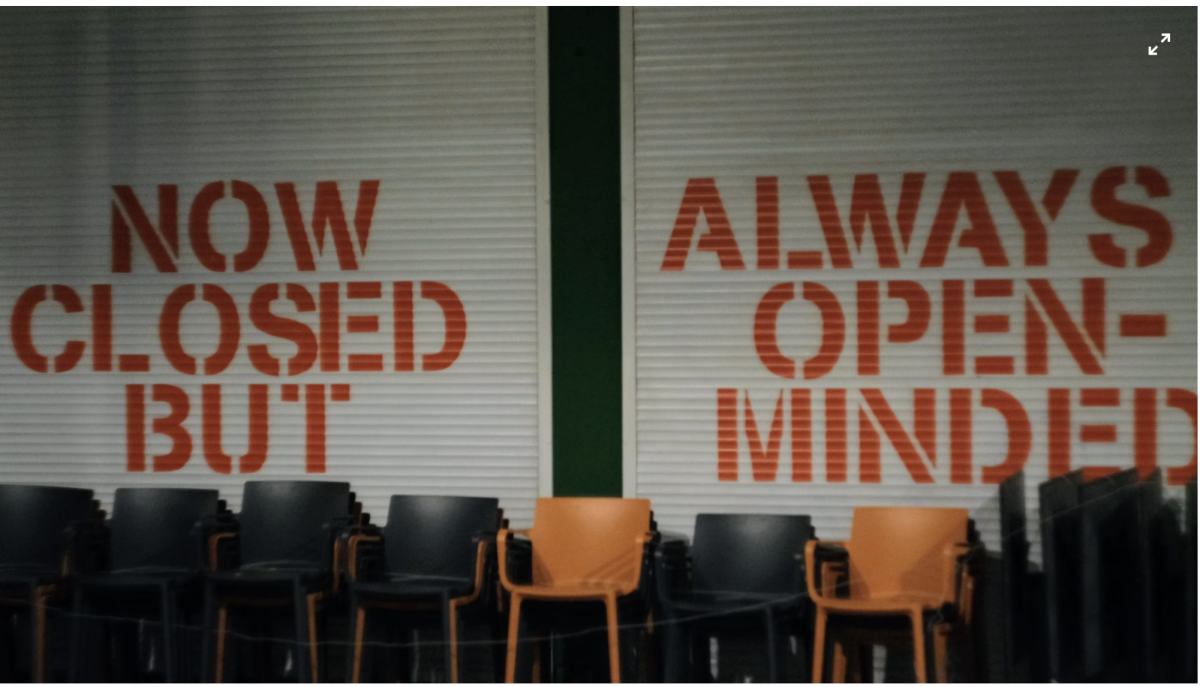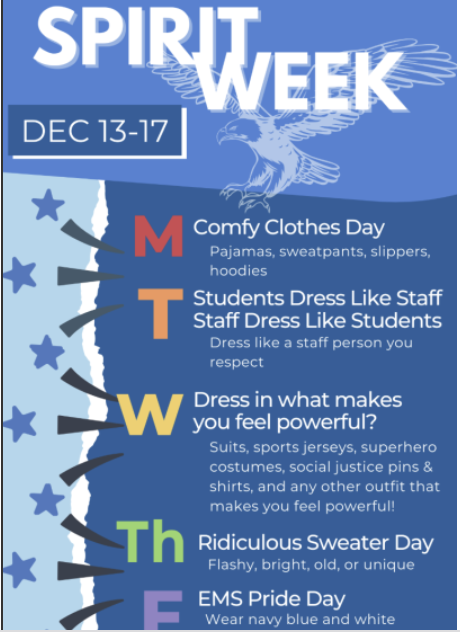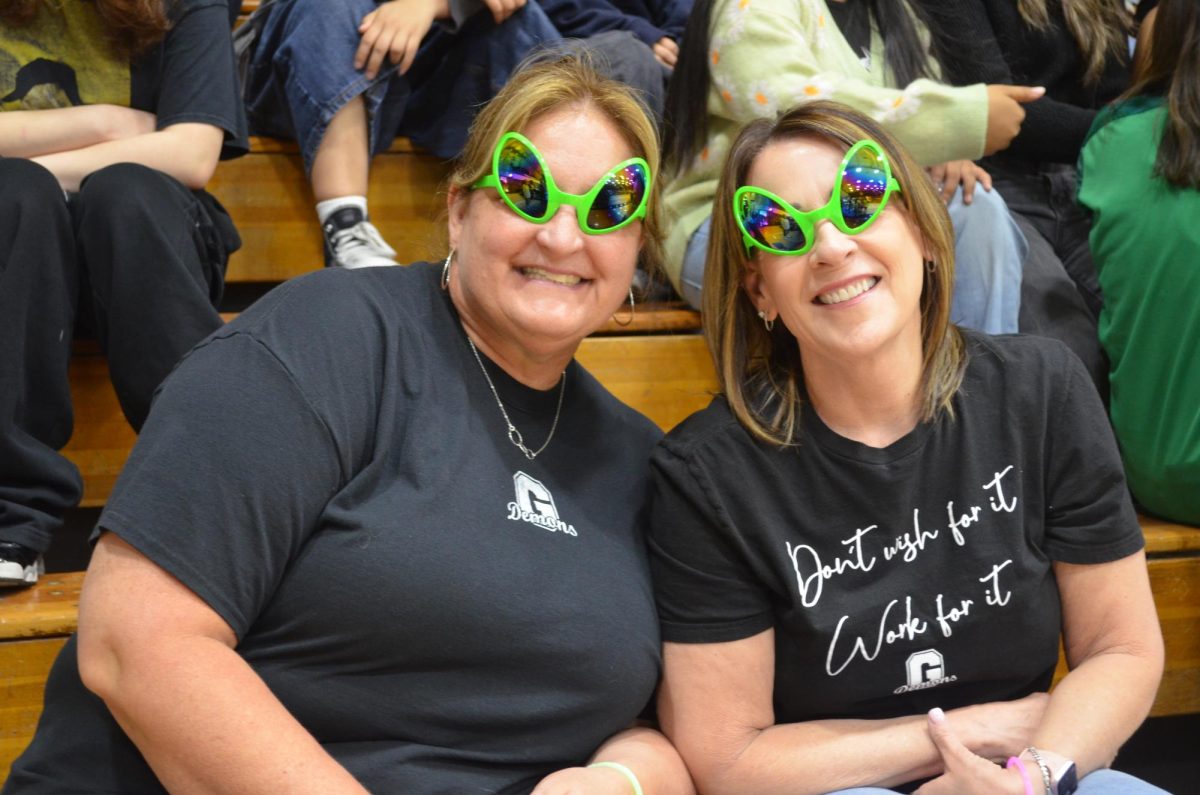Balancing Buddies and Studies

February 3, 2022

BALANCING BUDDIES AND STUDIES
“Many Americans do not have a large number of close friends. Approximately 49% of Americans report having three or fewer close friends.
39% of Americans report having several close friends between four and nine.”
“In school I definitely prioritized friends. Studying has never been an issue for me, so I’ve never devoted much time to it. If you are someone who needs to study, do it with a friend. I think that’s a great way to strike a balance,” Mr. Mckee said.

According to Emily Sohn’s article “More and more research shows friends are for your health” in The Washington Post it says that with each hug, conversation and gesture of support, I start to feel better. As it turns out, those feelings may be paying long-term dividends, too: According to accumulating evidence, strong relationships breed better health, with benefits that include resilience against heart disease and a longer life.

“I prioritize school over hanging out with my friends because school can take me farther in the future; I’ve also been told that you will lose most of your friends after high school so I mainly focus on school,” Junior Bailey Henson said.

According to Madeleine Bailey “Best Friends Forever?” in Explore Life it says There’s no doubt about it: everyone needs friends. But when so many of us now live miles from our families – or even on different continents – friends are perhaps more important than they have ever been before. Perhaps it’s this fact that sparked the relatively recent surge in research into friendship – prior to the 1980s, most research into relationships focused around the romantic and sexual. What’s now recently come to light is that besides the obvious benefits – companionship, emotional support and practical help – friends have a previously little-known function. They are good, perhaps even vital, for our health.

“I prefer hanging out with my friends because it’s more enjoyable, but that does not mean I don’t do my school work, I normally get my school work done first then hang out with my friends because I still want to have a good future,” Freshman Alexavier Martim said.
According to Kate Murphy’s article “ How to Rearrange Your Post- Pandemic ‘Frienscape’ in The New York Times it says it was no different at the height of the pandemic, except that the risk of infection meant we had to be more intentional, and maybe even a little calculating, about who we allowed in our orbit.

According to Stacey Colino’s article “How to reevaluate relationships and take steps to repair them” in The Washington Post, it says it also implies the flip side: If your friendships are not healthy, you will experience negative health outcomes.” In other words, she says, “bad friendships are bad for us,” both physically and emotionally.
It’s a hard thing to balance. Parents’ pressure on their kids to do well in school is a big part of how students are forced to balance their friendship/schoolwork lives.

